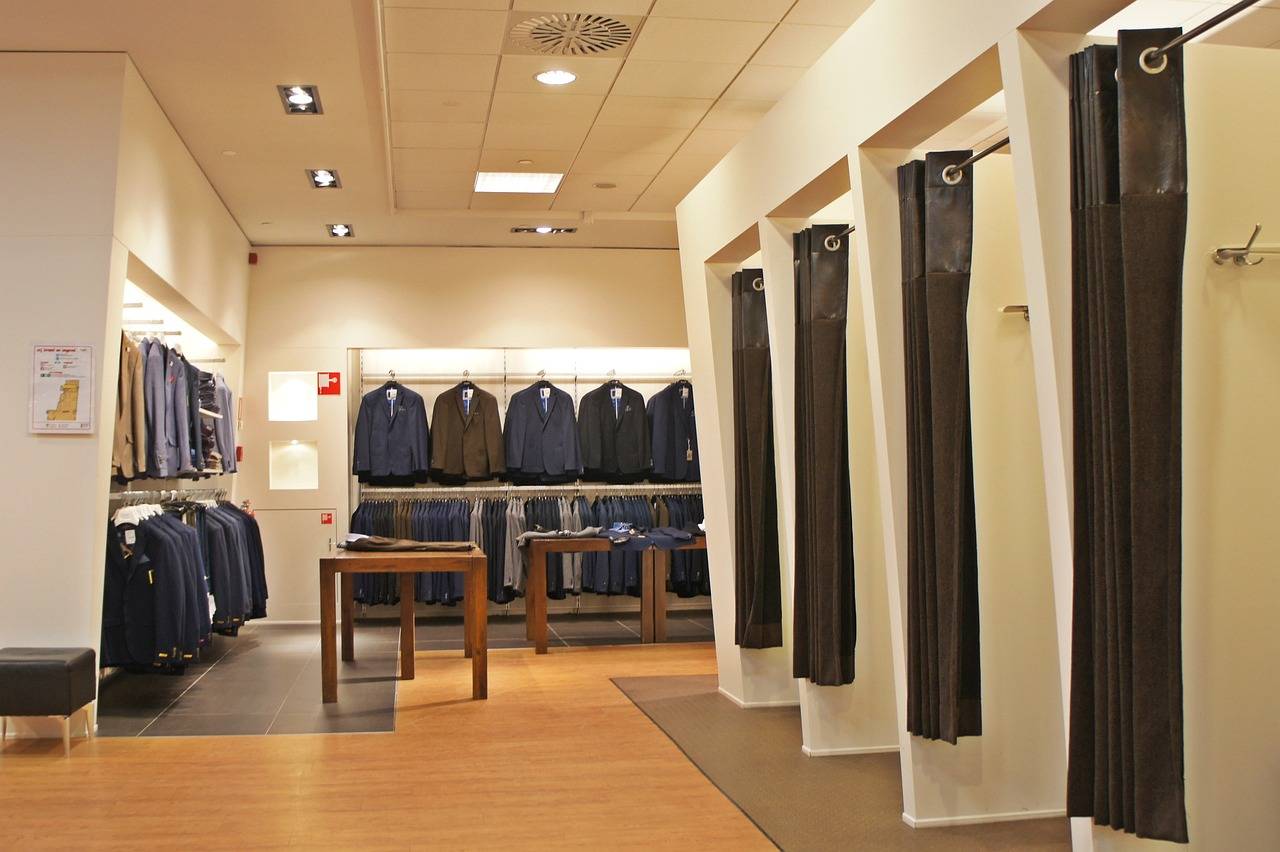The Impact of Sustainable Fashion Brands on the Industry: Leading by Example
Sustainable fashion brands have seen a significant increase in demand and popularity in recent years. Consumers are becoming more conscious of the environmental and social impact of their purchasing decisions, driving the rise of brands that prioritize sustainability in all aspects of their operations. From sourcing eco-friendly materials to promoting fair labor practices, these brands are setting new standards for the industry.
This shift towards sustainability is not only driven by consumer demand but also by a growing awareness of the fashion industry’s contribution to environmental degradation and unethical practices. As more people educate themselves about the negative consequences of fast fashion, they are actively seeking out alternatives that align with their values. This has created a unique opportunity for sustainable fashion brands to thrive and make a positive impact on both the planet and society.
• Sustainable fashion brands prioritize sustainability in all aspects of their operations
• They source eco-friendly materials and promote fair labor practices
• Consumers are becoming more conscious of the environmental and social impact of their purchasing decisions
• The rise of sustainable fashion brands is driven by consumer demand and awareness of industry practices
• These brands are setting new standards for the fashion industry with their focus on sustainability.
Changing Consumer Behavior Towards Sustainability
Consumers today are increasingly more conscious of the impact their choices have on the environment. This shift in mindset has led to a notable rise in demand for sustainable fashion brands that prioritize ethical practices and eco-friendly materials. The growing concern for the planet is prompting individuals to rethink their purchasing decisions and opt for products that align with their values of sustainability.
As consumers become more informed about the harmful effects of fast fashion on the environment and society, they are actively seeking out alternatives that prioritize transparency and ethical production methods. This change in consumer behavior is not only shaping the fashion industry but also challenging brands to adapt and embrace sustainable practices to meet the evolving demands of their customers.
Innovative Materials and Production Methods
The fashion industry is witnessing a significant shift towards the use of innovative materials and production methods. With increasing awareness about environmental sustainability, many brands are exploring new ways to reduce their carbon footprint and minimize waste in the manufacturing process. From utilizing recycled materials to implementing efficient production techniques, companies are striving to adopt more eco-friendly practices in their operations.
One of the key developments in the realm of sustainable fashion is the emergence of bio-based materials derived from natural sources such as plants and algae. These materials offer a renewable and biodegradable alternative to traditional fabrics, reducing the reliance on petrochemical-based textiles. In addition, advancements in technology have enabled the creation of innovative production methods that help to minimize water usage, energy consumption, and chemical usage in the fashion supply chain.
What are some examples of sustainable fashion brands leading the way in using innovative materials and production methods?
Some examples of sustainable fashion brands include Patagonia, Eileen Fisher, and Reformation, who are known for their use of recycled materials, organic cotton, and eco-friendly production processes.
How has consumer behavior changed towards sustainability in the fashion industry?
Consumers are becoming more aware of the environmental and social impact of the fashion industry, leading to a growing demand for sustainably-made clothing. This has prompted many brands to adopt more eco-friendly practices.
What are some examples of innovative materials being used in sustainable fashion?
Innovative materials being used in sustainable fashion include recycled polyester, Tencel (made from wood pulp), and Piñatex (made from pineapple leaves). These materials help reduce the industry’s reliance on virgin resources.
How do innovative production methods contribute to sustainability in the fashion industry?
Innovative production methods such as waterless dyeing, zero-waste pattern cutting, and on-demand manufacturing help reduce waste, energy consumption, and water usage in the production process, making fashion more sustainable overall.





